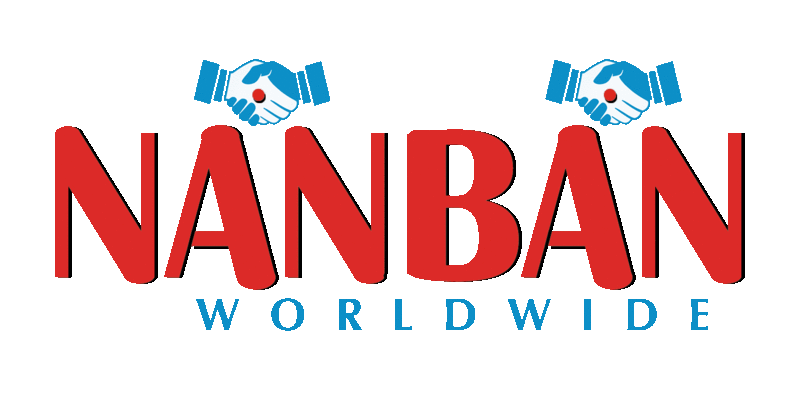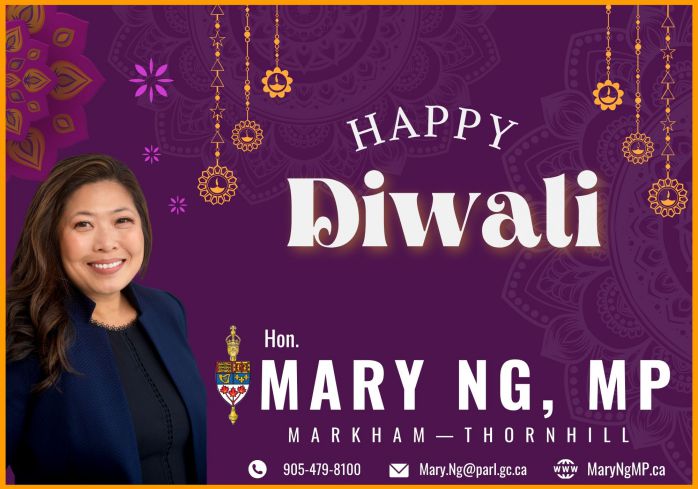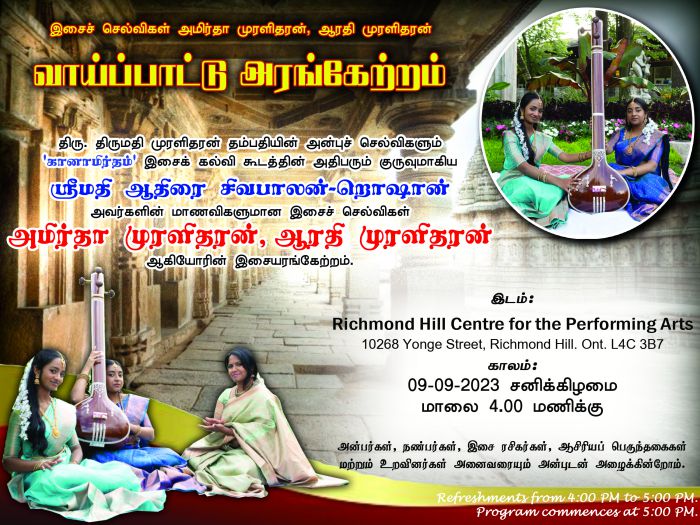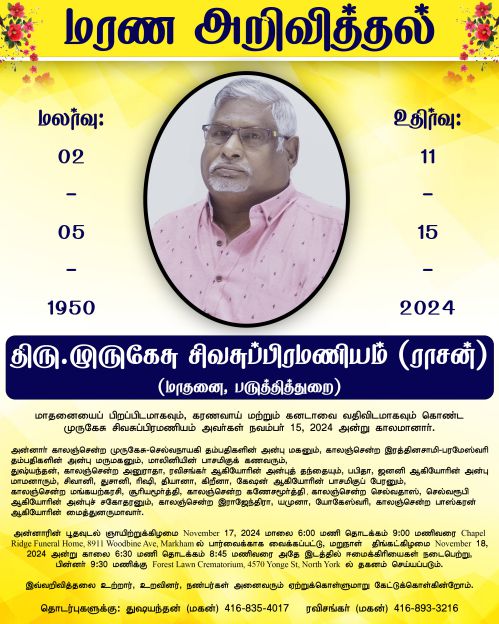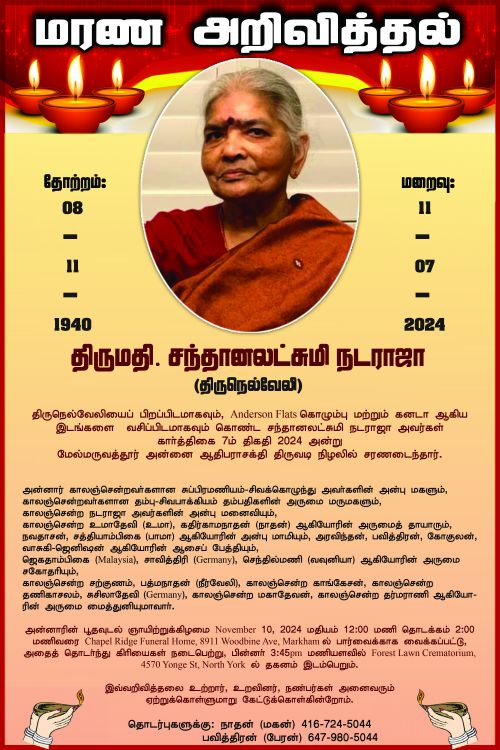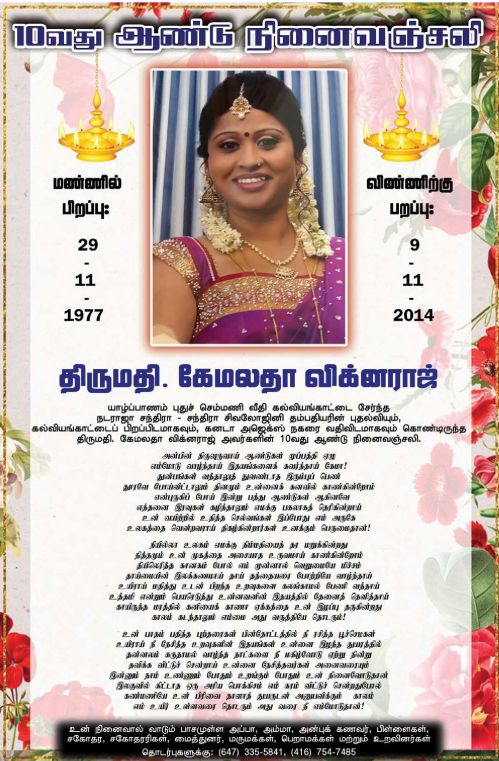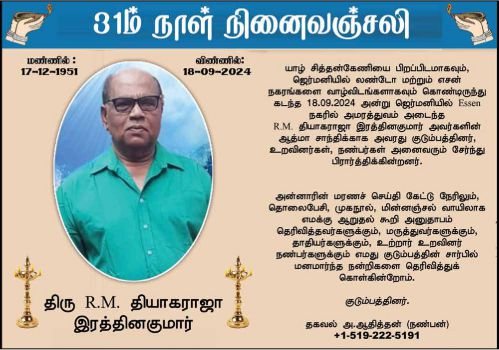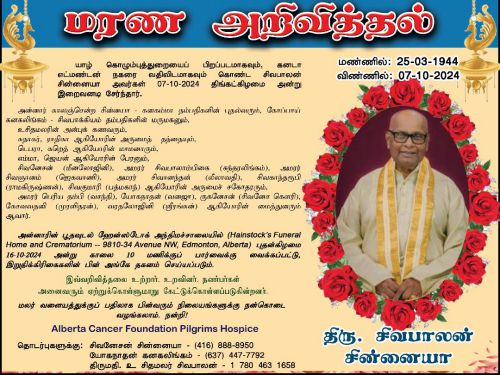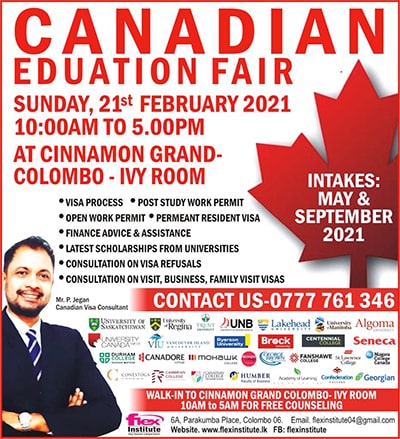Tamils continue to suffer as new Sri Lanka govt says no to the UN rights report
Share
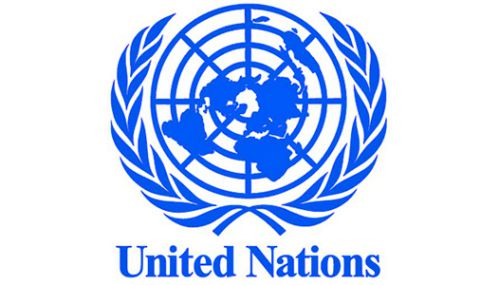
Siva Parameswaran
Following in the footsteps of earlier administrations, the new Sri Lankan govt under President Anura Kumara Dissanayake (AKD) has rejected the UN Human Rights Council (UNHRC) resolution on promoting reconciliation and human rights in Sri Lanka, even as the 57th session of the UNHRC comes to end on the 11th of October this year.
War-affected Tamils again feel being let down by the National People’s Power government whose mission claim to ‘canter on social justice’.
The core group of nations comprising six countries draft on promoting reconciliation, accountability, and human rights in Sri Lanka, based on a resolution passed in 2021 had proposed to extend the time limit for the same till this year (2024).
The core group comprises Malawi, Montenegro, North Macedonia, Canada, the United Kingdom, and the United States.
The recommendations of the core group as discussed in the 57th session of the UNHRC were considered by the cabinet of the new government headed by AKD on the 7th of October.
“Taking into consideration the matters submitted by the Ministry of Foreign Affairs relevant to the 57th session of the United Nations Human Rights Council, which will be conducted from 09-09-2024 to 11-10-2024 in Geneva, the consent of the Cabinet of Ministers has been obtained to present the position of Sri Lanka as follows.
- Sri Lanka has strongly rejected the proposed draft resolution at the present session of the United Nations Human Rights Council and Sri Lanka continues to oppose the 51/1 resolution of the drafted resolution of the United Nations Human Rights Council and has not agreed to any resolution that extends powers of the collection of external evidence mechanism.
- Even though, the said proposal has been denied, Sri Lanka has firmly believed to take action in respect of human rights issues including the reconciliation through local procedure.
- Sri Lanka will continue to engage in the cooperative and meaningful discussions with the Human Rights Council and regular human rights mechanism”.
Vijitha Herath, the country’s new Foreign Minister said the draft proposal is unacceptable.
“Many proposals in this draft resolutions are unacceptable. Also, there is expectation this new government would take new actions to safeguard human rights. For that we need some time,” he told journalists on 8th October in Colombo.
The UNHRC has resolved to extend all the relevant work based on its resolution 51/1 and to submit an oral report by its commissioner during the 58th session and present a comprehensive report on the situation of human rights, reconciliation and accountability in Sri Lanka during its 60th session.
War-affected Tamils have expressed their deep anguish and disappointment at the stand taken by the new government as they painfully await justice even 15 years after the brutal civil war came to a bloody end.
The government led by AKD has decided not to accept any proposal supporting the external evidence-gathering mechanism proposed by the Office of the High Commissioner for Human Rights (OHCHR) with regard to alleged war crimes and gross human rights violations.
The OHCHR as part of its “Sri Lanka Accountability Project” has established a mechanism for external evidence gathering mechanism with a view to rendering justice to the victims.
Tamils who are seeking justice for those who were victims of enforced disappearances say the vision document of the NPP released just before the President’s election speaks about social justice on one hand while the government headed by the party decides to reject the OHCHR proposals.
“Our mission centers on social justice. We envision a society where equal opportunities yield equitable outcomes. We aim for a world where differences in class, ethnicity, religion, language, caste, location, or gender don’t hinder fulfilling lives and equal participation. Our goal is equitable distribution of opportunities, resources, and privileges, forging a society of true inclusivity and justice,” says the election manifesto of the National People’s Power (NPP) that ushered the new president to office.
Although the document speaks about a compassionate and cooperative society recognizing the rights and responsibilities toward one another, grieving families of the Tamils who are searching for their beloved ones say the vision they proposed in their document is a mirage.
“We envision a compassionate, cooperative society where individuals recognize their rights and responsibilities toward one another. Our goal is to build strong communities, fostering belonging, safety, and mutual respect, as we believe such values are essential for thriving societies. Through education, inclusivity, and collective effort, we strive to create a world where everyone has the opportunity to reach their full potential, contributing to the well-being of all”.
Tamils question their vision of mutual respect without accountability and rendering justice.
“How can reconciliation, mutual respect and a cooperative society exist, if our genuine grievances are not even being considered by the Sinhala governments in power? They fail to understand our pain and suffering in silence. We just need an answer to a very simple question. What happened to our beloved who either surrendered or handed over to the state security forces or abducted by them” a Tamil mother questions who seeks to protect her anonymity.
AKD was elected as president with 40% of the electorate. The vast majority of voters who backed him are from the Sinhala majority. NPP aims to secure 2/3 in the parliament elections due to be held on November 14.
